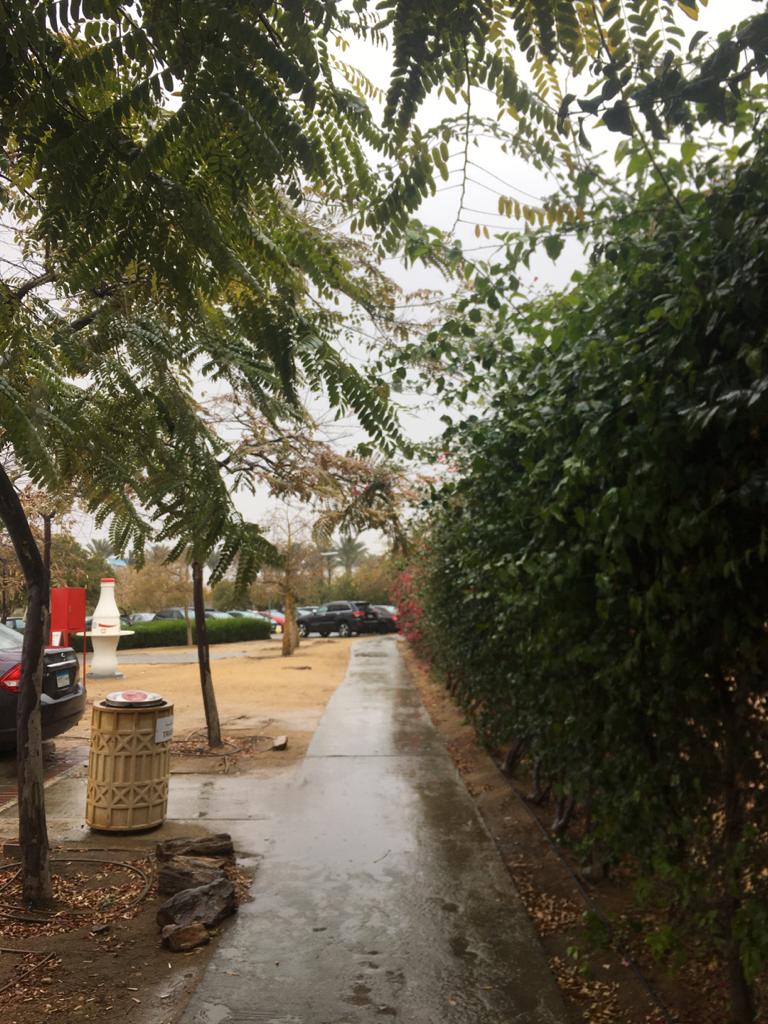By: Reem Elmaghraby
@reemelmaghrabyy
The effects of isolation and social distancing are difficult on most, however, those struggling with mental illness can have it much worse. And the long-term effects are still unknown.
The World Health Organization (WHO) recently said that levels of loneliness, depression, harmful alcohol and drug use and self-harm or suicidal behaviour are expected to rise as a reaction to the global quarantine and its effects on people’s daily activities.
Associate Professor of Psychology Jamie Mendoza believes that the current situation may trigger a greater intensity in people’s emotions, thoughts, and reactions to the point of delusions.
“The current conditions, being quarantined and staying indoors, are affecting everyone. It’s going to affect some people more than others, especially if we’re vulnerable to anxiety, depression, [or] loneliness. You could go from a mild case to a moderate to severe case,” Mendoza said.
The outbreak of COVID-19 has already been stressful for so many people, regardless of mental health, and caused fear and anxiety to overwhelm what people are normally able to face.
According to the Centers for Disease Control and Prevention’s website, many people react differently to the stress of current times and the most affected include: old people, children, doctors or healthcare providers, and those who have mental health conditions.
The Egyptian Ministry of Health announced on March 31 that it is providing two hotlines (080-8880700 and 0220816831) in order to provide psychological support to citizens during the COVID-19 pandemic.
According to Egypt Independent, the Health Ministry’s General Secretariat of Mental Health and Addiction Treatment Menan Abdel Maksoud said that 150 specialists in mental health received online training on how to remotely communicate to provide psychological support to those directly affected by COVID-19.
Alejandra Guzman, a Middle Eastern Studies junior from Bard College in New York who is studying for a semester at AUC, says that she is mostly affected by the isolation and the fact that she spends most of her day locked up in her room.
She added that her routine involved going to the university and that socializing helped her cope with feelings of depression and anxiety.
“Being home all day makes me think about everything I have to do because [of the] anxiety, and then the depression makes me unmotivated to do it. It’s a never ending circle. This whole quarantine is allowing the worst traits of mine to flourish,” Guzman said.
She also said that knowing she won’t be able to see anyone for a long time is making her feel like there’s nothing to look forward to.
Music Technology senior Nadine Abdel Hamid said that when the news came out about the pandemic and the lockdown, she wasn’t too worried. However, when she heard that the quarantine was extended and that people may be obligated to stay indoors for a much longer time, she started panicking.
“I have some leftover childhood trauma and the feeling of being trapped, this kind of makes me revisit those feelings of ‘I don’t see it getting better’ because we are left in the dark and we don’t know what’s going to happen. So my panic attacks are pretty traumatizing,” Abdel Hamid said.
In order to help students better deal with everything going on, the Center for Student Well-being and the Psychological Counseling Services and Training Center at AUC is providing online counseling sessions via Zoom.
They also created a page on AUC’s coronavirus information website that provides a ‘toolkit’ with everything that a person may need during the pandemic. It ranges from information on how to manage your stress to staying emotionally and socially healthy while social distancing.
